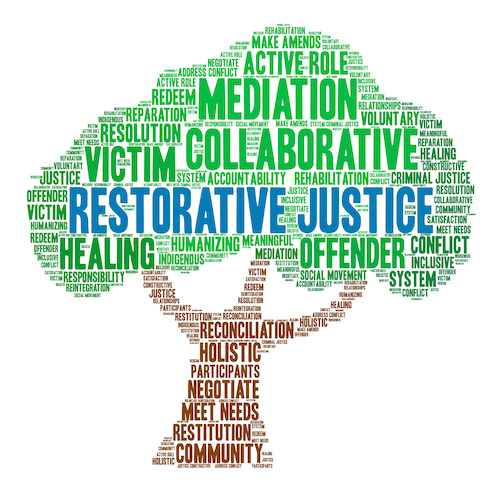Educators are embracing restorative justice practices to facilitate safe and relational school environments and address inequities in school disciplinary practices. Research-based guidance offers insights on how to structurally support educators through restorative justice implementation, and there are resources for teachers and support staff as they integrate restorative practices into their roles.
Educators play an important role in restorative justice (RJ) implementation–they are often tasked with ensuring that RJ practices are implemented in classrooms, and they engage in many of the day-to-day interpersonal RJ practices. Because transitioning to RJ is a long and challenging process, it is necessary to provide educators with resources that can help them along the way. Without these broader systemic supports, it is possible that RJ programs may not be equipped to be successful in the long term.
With the need for systemic support for educators in mind, here are some ways to support educators in playing an active role in the development and implementation of RJ programs.
1. Provide educators with training, coaching, and resources to recognize their roles within their school.
To start, it’s important for educators to recognize their role within their school systems, the power they wield, and how to incorporate RJ into their role. To support this growth, consulting and partnering with RJ experts through professional development trainings and coaching services can help educators navigate the transition to RJ.




